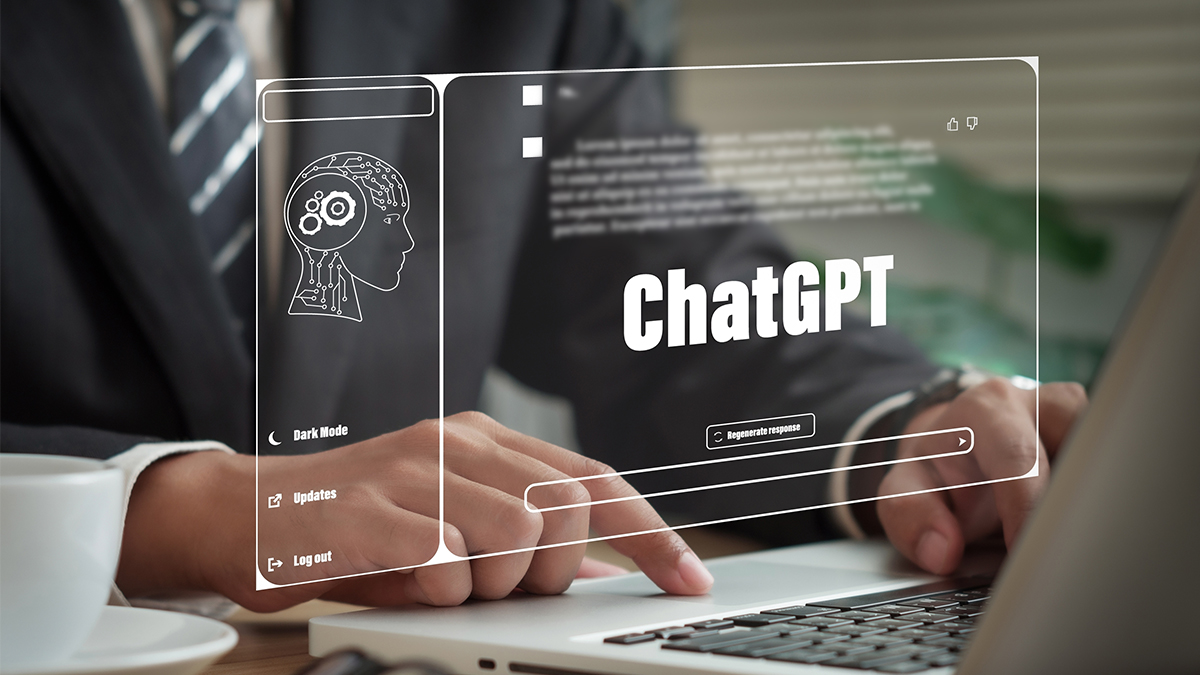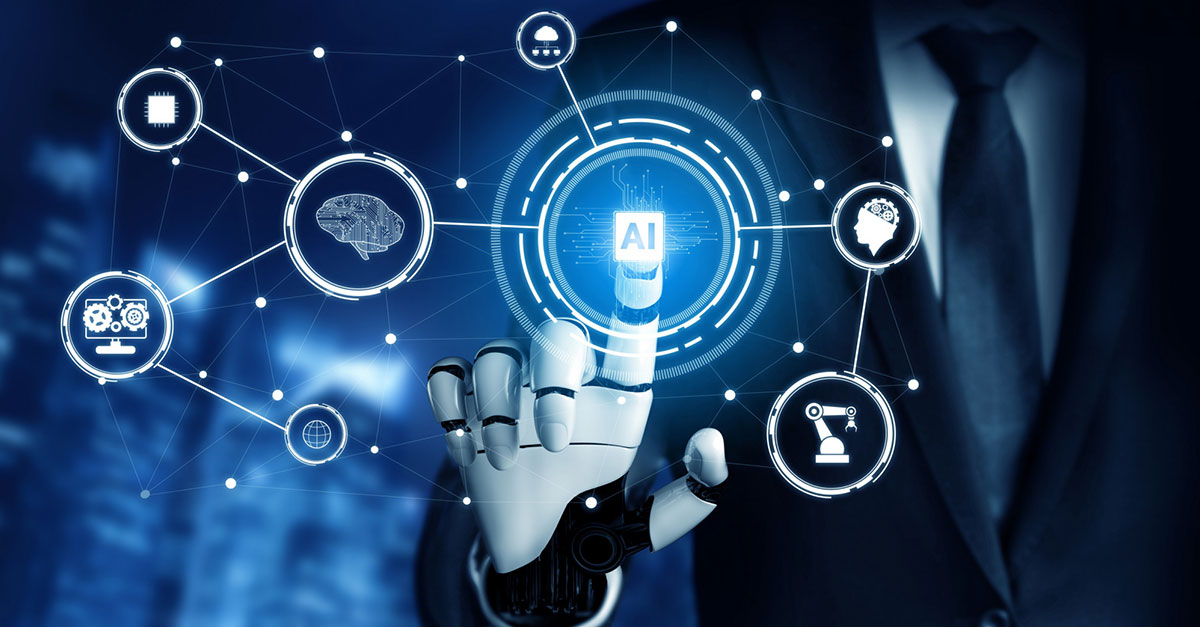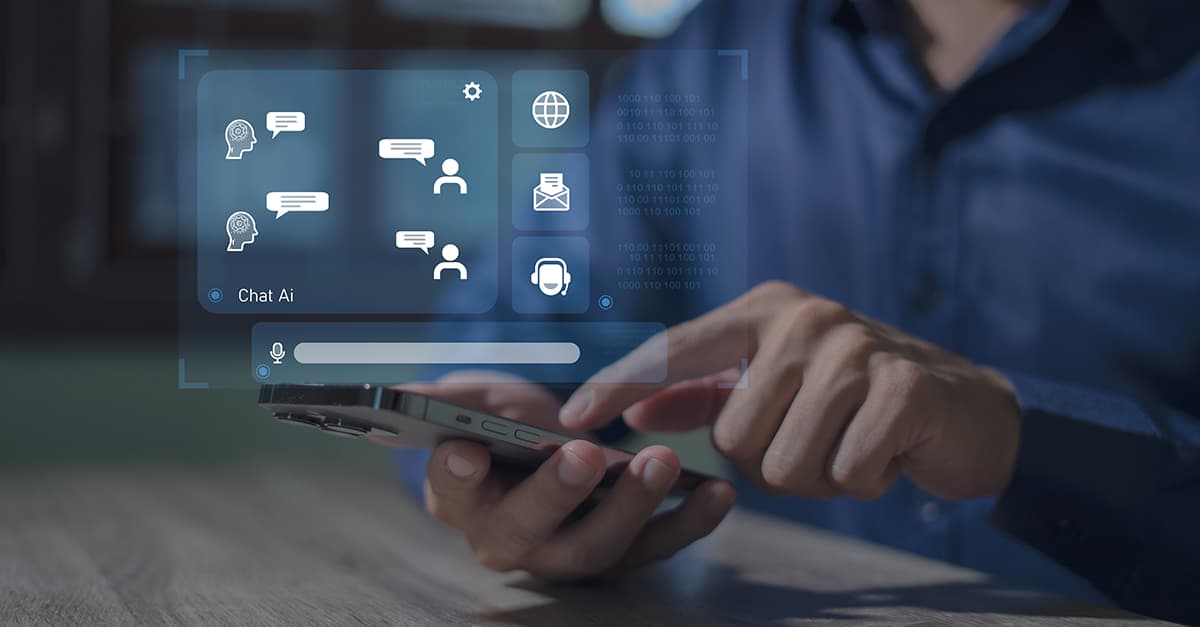ChatGPT, the sensational AI product from the lab of OpenAI has generated hype and fear in equal measure. Hype because of its incredible capabilities. ChatGPT can write student essays, and blogs, debug coding errors, churn out a business plan in a jiffy and even create a Shakespearean sonnet. This super capable AI chatbot has stoked the same fears as automation does on the future of jobs. The centibillionaire Elon Musk predicts that robots will outnumber humans in the future.

AI-powered robots are already replacing humans at workplaces, taking over iterative, low-value jobs. The World Economic Forum (WEF) predicts that roles like bookkeeping, insurance underwriting and credit analysis are jobs jeopardized the most by automation. The future of work will see humans hand in glove with robots to run businesses.
Yet, there are six strategic and intuitive human skills that a ChatGPT or its advanced versions can’t replace.
1. Emotional Intelligence: Having emotional intelligence means being able to understand and manage our own emotions as well as those of others. It's essential for communicating, solving problems, and making decisions. ChatGPT can't understand or respond to emotions, so it can't replace this skill. People need this skill in the workplace to communicate effectively, build relationships, and navigate complex social situations. In the future, more tasks will be automated, leaving human employees to focus on interpersonal stuff. It's crucial to have emotional intelligence in these situations if you want to build meaningful relationships with colleagues and customers.
2. Creative Thinking: Creative thinking or creativity is the innate ability of the human species to think out of the box and come up with original solutions. Aesthetic thinking, divergent thinking, lateral thinking, convergent thinking, and inspirational thinking are five creative thinking skills that are of strategic importance to any business. AI solutions like ChatGPT can replicate many mundane human tasks and get certain cognitive skills too. But the human brain, home to specialized intelligence, is unrivalled in creative thinking. So, whether it is interactive brainstorming to garner ideas on a project, experimenting with ways to market a product or developing an innovative way to reach out to new customers, the human brain wins hands down against an AI robot.
3. Adaptability: Adaptability figured among the Top 5 soft skills that employers valued in 2022. In today’s fast-changing business environment, the ability to adapt apace is more important than ever before. In the future, the nature of work will likely continue to change as AI and automation take over more tasks. Those who can adapt to these changes will be more successful. As jobs change, adaptability will be key to adding value to one's work. This will indisputably be one of the most important skills of the future.
4. Critical Thinking: A critical thinker analyzes information and draws logical conclusions. Machines will likely make more decisions as AI advances. Humans will still need to interpret the data and make decisions based on it. Also, critical thinking will be key to identifying and solving problems that AI can't. A manager analyzing customer feedback to design a customer-centric plan or a lawyer poring over evidence to come up with a case-winning strategy are examples of creative thinking.
5. Communication: Communicating effectively means conveying information clearly and concisely, both verbally and in writing. There's always a need for this skill, regardless of technology. To build relationships and navigate complex social situations, human employees will need to be able to effectively communicate with colleagues and customers as AI takes over more routine tasks. In addition, providing feedback to AI systems will be crucial to improving their performance.
6. Leadership: Leadership is the ability to motivate and enthuse people for producing outcomes. Regardless of technological advancements, this skill will always be in demand. To navigate the changes and add value to their work, human employees will need to be able to lead teams. Managing and overseeing the performance of AI systems will also need leadership.

The Future of Work is Tech-Human Synergy
As ChatGPT continues to evolve, human skills will become increasingly important because they provide context and nuance to conversations that ChatGPT cannot. ChatGPT will need human skills such as creativity, problem-solving, and emotional intelligence to understand user intent. Imagine the future work skills in 2030 when ChatGPT will see far more evolved and sophisticated avatars. But they will complement and not compete with human skills. The most capable AI chatbots don’t make humans less competent or redundant.


























































We will verify and publish your comment soon.